Best Oculoplasty surgery in Ahmedabad
What is oculoplasty?
Oculoplasty, also known as ophthalmic plastic surgery, is a specialized branch of ophthalmology that focuses on the health, function, and aesthetics of the eye and its surrounding structures. This field of medicine combines the precision of ophthalmology with the cosmetic and reconstructive aspects of plastic surgery to address a wide range of conditions affecting the eyelids, tear ducts, orbit (bony cavity around the eye), and surrounding facial areas.
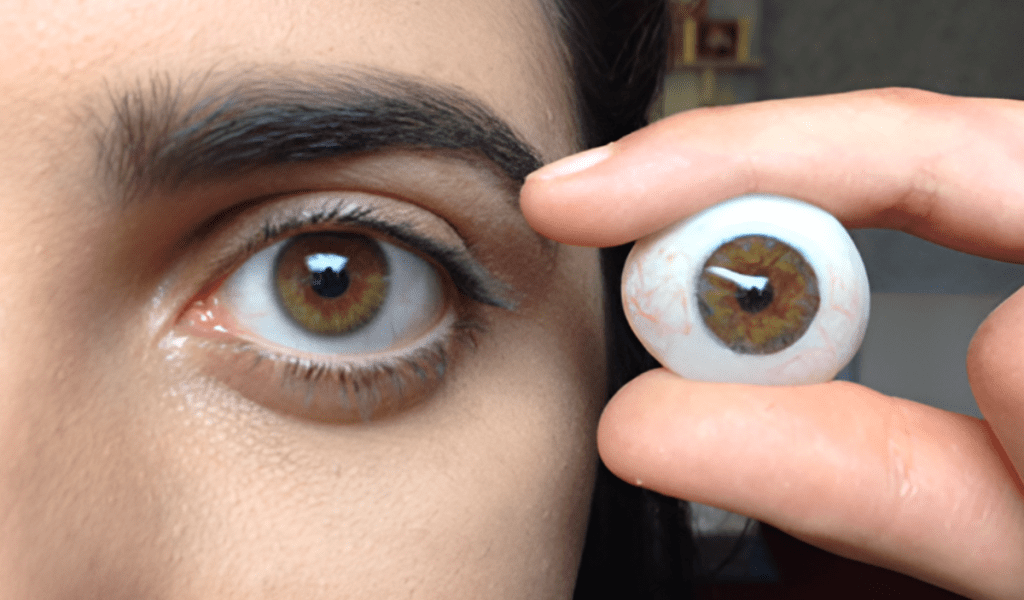
Symptoms of oculoplastic conditions
- Persistent drooping of the eyelids that affects vision.
- Excessive tearing or watery eyes.
- Eyelid malpositions (inward or outward turning).
- Swelling, lumps, or growths around the eyes.
- Eye discomfort or pain not resolved by standard treatments.
- Changes in the appearance of the eyes or surrounding areas.
- Frequent twitching in eyes.
Causes of oculoplastic conditions
- Natural changes in skin elasticity and muscle tone can lead to drooping eyelids and puffiness.
- Accidents or injuries can cause orbital fractures or eyelid malpositions.
- Conditions such as ptosis can be hereditary.
- Diseases like thyroid eye disease or skin cancers can affect the eyelids and orbit.
- Tear duct obstructions can lead to excessive tearing.
Complications of oculoplastic procedures
While oculoplasty procedures are generally safe, potential complications may include:
- Risk of infection, minimized with proper care.
- Normal bruising, but excessive bleeding may need intervention.
- Some scarring is possible, though techniques aim to minimize it.
- Temporary changes that usually resolve with healing.
- Dry eyes or discomfort.
Who can benefit from oculoplasty?
Oculoplasty is suitable for individuals with a variety of conditions, including but not limited to:
- Droopy eyelids (Ptosis): Excessive drooping of the upper eyelids can impair vision and may require surgical correction.
- Eyelid malpositions: Conditions such as entropion (inward turning eyelids) or ectropion (outward turning eyelids) can cause irritation, discomfort, and vision problems.
- Excessive tearing (Epiphora): Blocked or narrow tear ducts can lead to excessive tearing, which might require a surgical procedure to improve tear drainage.
- Orbital conditions: Disorders affecting the eye socket, such as fractures, tumors, or thyroid eye disease, may need reconstructive surgery.
- Facial spasms or Twitching: Conditions like hemifacial spasm or blepharospasm involve involuntary muscle contractions around the eyes and can be treated with oculoplasty procedures.
- Skin cancers of the eyelid: Surgical removal and reconstruction are often required to ensure complete cancer removal and restore normal eyelid function and appearance.
- Cosmetic concerns: Procedures such as eyelid lifts (blepharoplasty) and brow lifts are performed to enhance facial aesthetics and rejuvenate the area around the eyes.
Common oculoplasty procedures
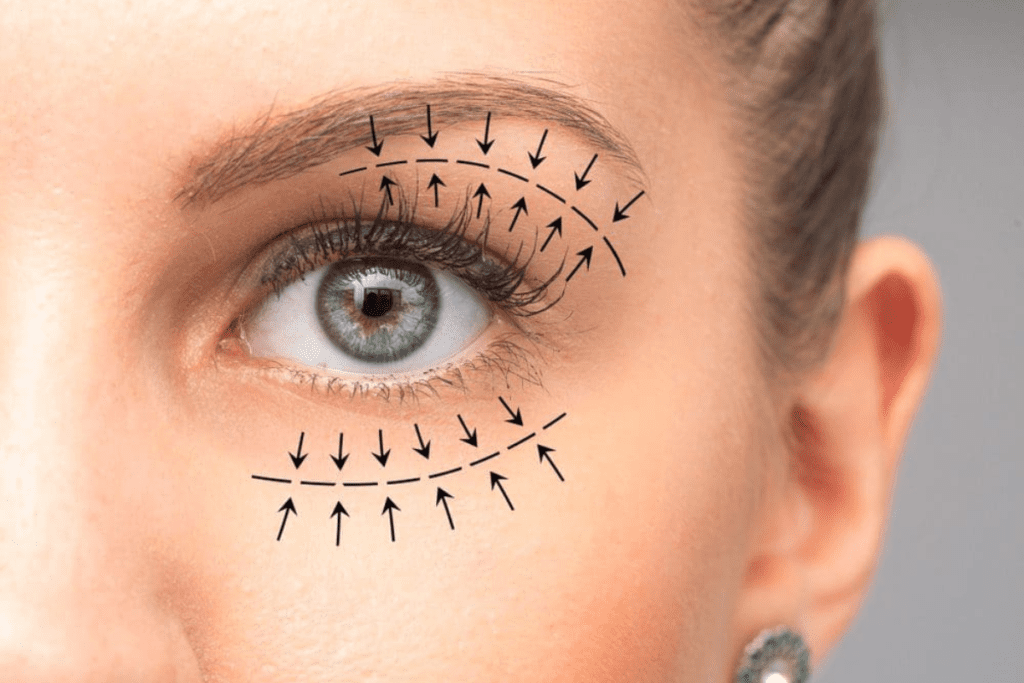
Blepharoplasty (Eyelid surgery)
This procedure involves the removal of excess skin, muscle, and sometimes fat from the upper or lower eyelids to correct drooping eyelids and puffy bags under the eyes. It can improve vision and provide a more youthful appearance.
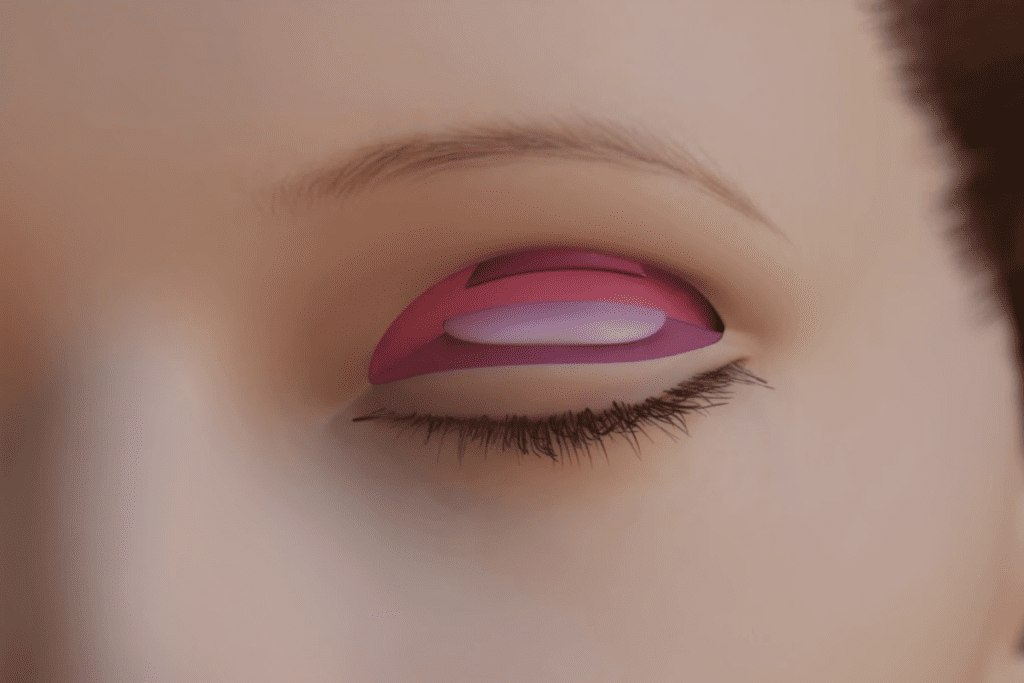
Ptosis surgery
Aimed at correcting drooping upper eyelids that can impair vision, ptosis surgery adjusts the muscles that raise the eyelid to enhance both function and appearance.
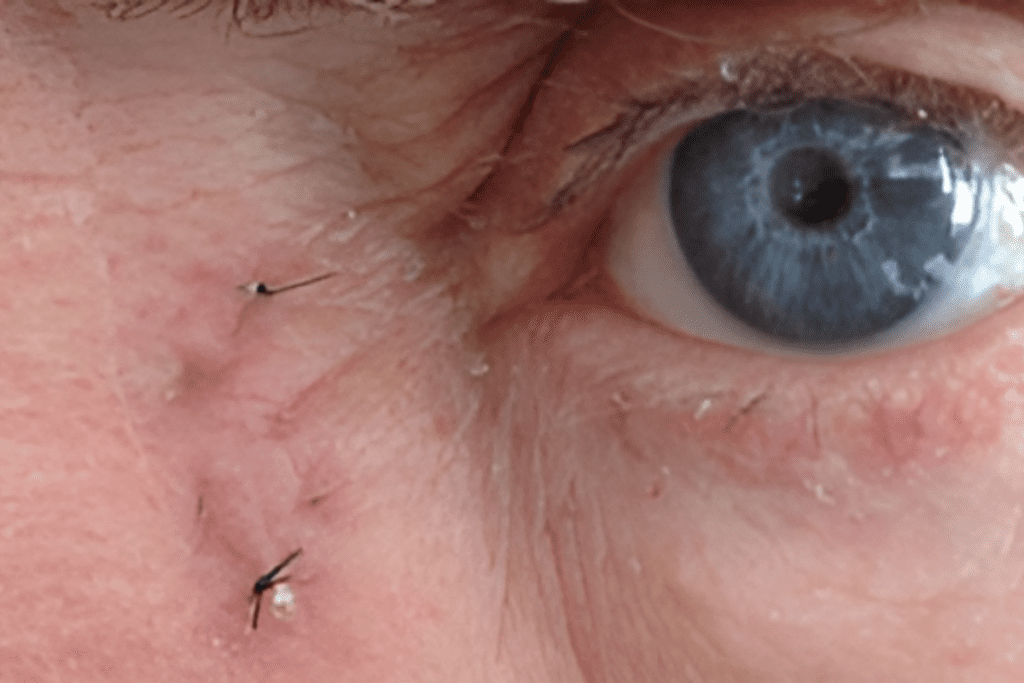
Tear duct surgery (Dacryocystorhinostomy - DCR)
This procedure is performed to create a new tear drain between the eyes and the nose when the natural tear duct becomes blocked, reducing excessive tearing.

Orbital surgery
Involves the treatment of various orbital diseases, including trauma, tumors, and inflammatory conditions, by repairing fractures or removing masses.
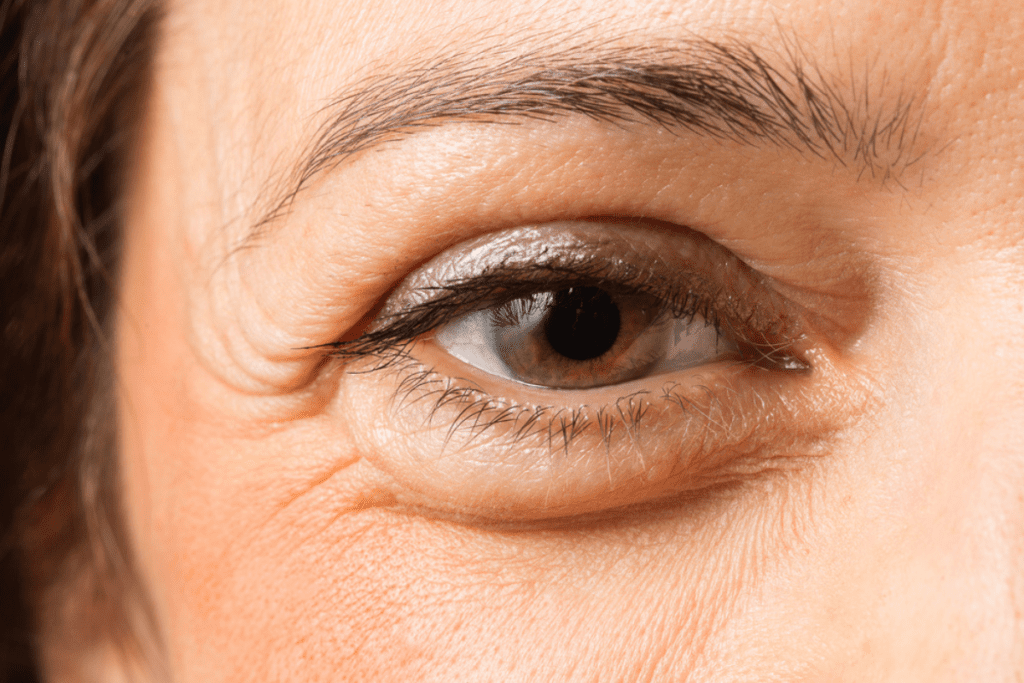
Eyelid malposition correction
Procedures to correct conditions like entropion or ectropion involve repositioning the eyelid to its normal alignment to protect the eye and improve comfort.
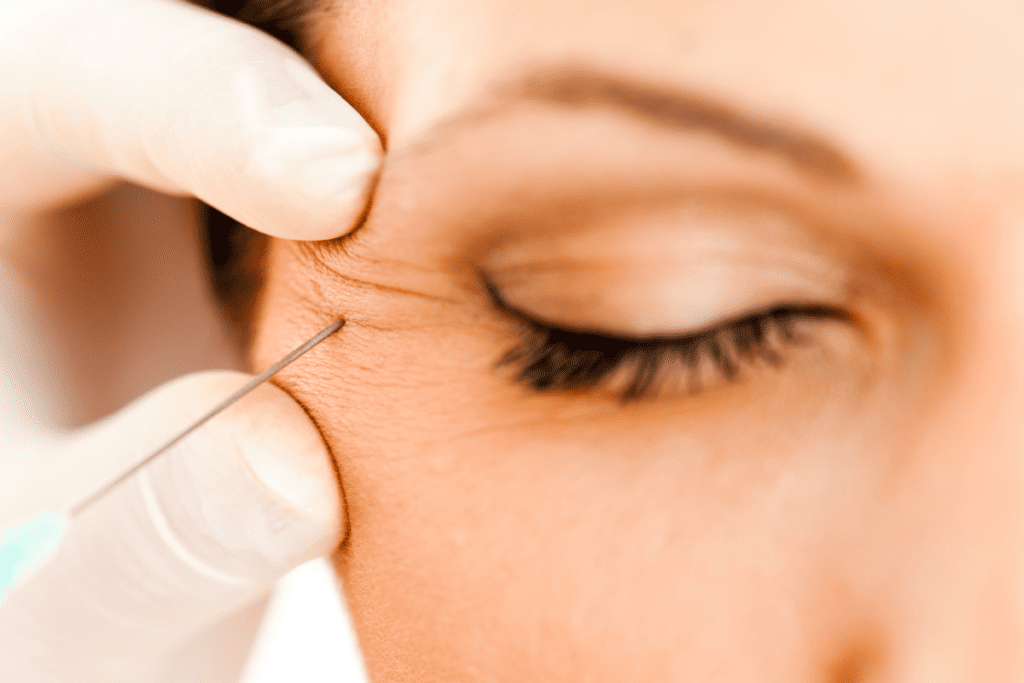
Botox injections
Used to treat facial spasms or reduce wrinkles around the eyes, Botox injections are a minimally invasive option that offers both therapeutic and cosmetic benefits.
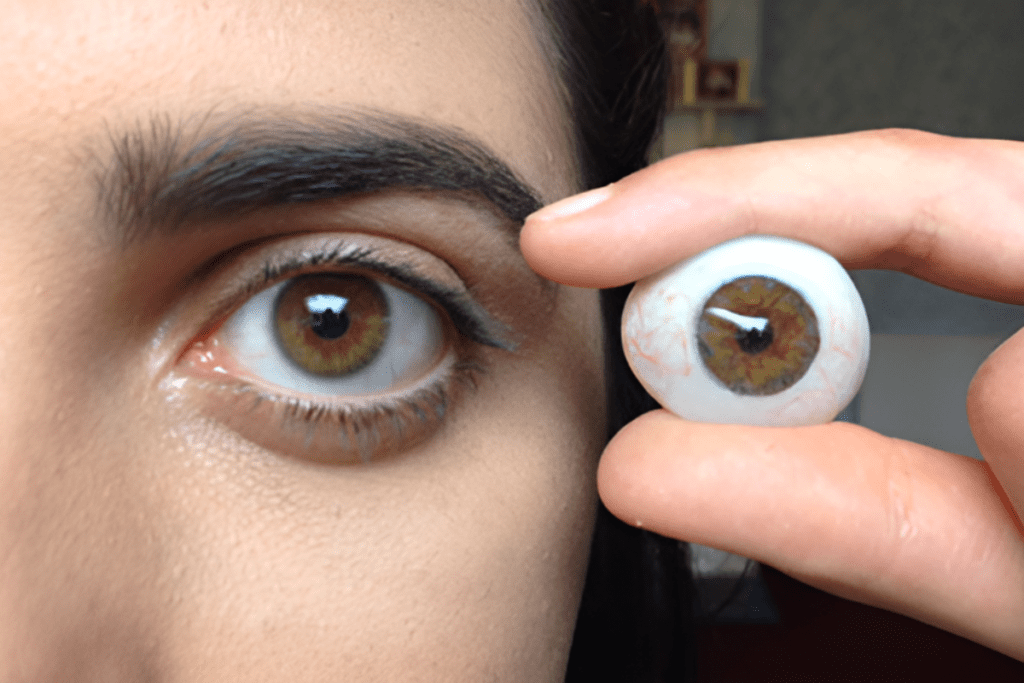
Evisceration & Artificial eye implantation
This procedure involves the removal of the eye’s contents while preserving the outer shell (sclera). An artificial eye (prosthesis) is then implanted to restore the appearance of a natural eye.
How to prepare for oculoplasty surgery?
Consultation and Evaluation:
- Initial consultation: Schedule a thorough consultation with your oculoplastic surgeon. Discuss your medical history, current symptoms, and aesthetic goals. The surgeon will perform a comprehensive eye exam and may order additional tests.
- Pre-surgical instructions: Follow any pre-surgical instructions provided by your surgeon, which may include avoiding certain medications, discontinuing the use of contact lenses, and refraining from smoking.
Pre-Surgical preparations:
- Medication: Inform your doctor about all medications and supplements you are currently taking. Some may need to be adjusted or discontinued before surgery.
- Health optimization: Ensure you are in good overall health. Address any chronic conditions or infections that could impact the surgery or recovery.
- Arrange transportation: Plan for someone to drive you to and from the hospital, as you may be under sedation or anesthesia.
- Home preparation: Prepare your home for post-surgery recovery. Arrange a comfortable resting area and stock up on any recommended supplies, such as cold compresses and prescribed medications.
Pre-Surgical testing:
- Diagnostic tests: Your surgeon may order specific tests such as blood work, imaging studies, or visual acuity tests to ensure you are a suitable candidate for the procedure.
- Discuss risks & expectations: Have a detailed discussion about the potential risks, benefits, and expected outcomes of the surgery. Understand the recovery process and what to expect.
Arrival at the hospital:
- Check-in: Arrive at the hospital or surgical center as instructed. Complete any necessary paperwork and prepare for pre-operative procedures.
- Pre-operative preparation: You will be given a gown to wear and may need to undergo pre-operative assessments, such as taking vital signs.
Anesthesia and Sedation:
- Anesthesia: Depending on the procedure and your comfort level, you may receive local anesthesia with sedation or general anesthesia. The anesthesia team will discuss the best option for you.
The surgical procedure:
- Procedure: The oculoplastic surgeon will perform the surgery as planned. The procedure may take anywhere from 30 minutes to a few hours, depending on its complexity.
- Monitoring: During the surgery, your vital signs and overall well-being will be closely monitored by the surgical team to ensure your safety.
Post-operative care:
- Immediate recovery: After the surgery, you will be monitored in a recovery area until the effects of anesthesia wear off. You may experience swelling, bruising, and discomfort.
- Instructions: Follow the post-operative instructions provided by your surgeon, which may include guidelines on cleaning the surgical area, applying prescribed ointments, and taking medications.
Follow-up appointments:
- Scheduled visits: Attend all scheduled follow-up appointments to monitor your healing progress and address any concerns. Your surgeon will check the surgical site, assess your recovery, and adjust your treatment plan as needed.
- Wound care: Keep the surgical area clean and avoid any activities that could strain or irritate the healing tissue.
Long-term care:
- Healing process: Follow any long-term care instructions, such as using eye drops or avoiding certain activities. Full recovery may take several weeks, during which time you should avoid strenuous activities and protect your eyes from excessive sun exposure.
- Monitor results: Continue to monitor your results and report any unusual symptoms or complications to your surgeon promptly.
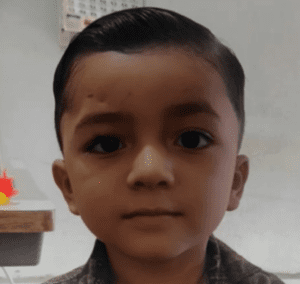
Interesting oculoplasty cases at Krisha Eye hospital
Case 1: Sudden onset of bilateral ptosis with respiratory arrest
Overview: A patient presented with sudden onset bilateral ptosis (drooping of both upper eyelids) accompanied by respiratory arrest. The timely intervention of our eye specialist was crucial in this emergency situation.
Diagnosis & Outcome: The patient was quickly shifted to a higher center based on the specialist’s instinct. Following further examination, the patient was diagnosed with snake bite poisoning. The quick action helped in managing the poisoning effectively and addressing the ptosis as part of the comprehensive treatment.
Case 2: Mucormycosis with uncontrolled diabetes
Overview: A 55-year-old patient with uncontrolled diabetes presented with symptoms indicative of a severe eye infection. The condition was complicated by mucormycosis, a fungal infection known for its serious impact on vision and overall health.
Diagnosis & Outcome: A detailed examination, including a CT scan and consultation with an ENT specialist, led to the diagnosis of mucormycosis. This condition is notorious for its potential to rapidly affect vision and health. Our multidisciplinary approach allowed for prompt and effective treatment, addressing both the fungal infection and the underlying diabetes.
These cases highlight the expertise and quick response of our team in handling complex and urgent oculoplastic situations, ensuring the best possible outcomes for our patients.
Why choose Krisha Eye hospital in Ahmedabad for oculoplasty?
- Expertise and Experience: Our skilled oculoplastic surgeons bring extensive experience and advanced training to every procedure, ensuring top-quality care.
- Personalized care: We provide tailored treatment plans based on your unique needs and goals, with a focus on achieving the best results for you.
- Advanced facilities: Our state-of-the-art technology and equipment enhance the precision and effectiveness of our treatments.
- Comprehensive support: From consultation to recovery, we offer detailed guidance and support throughout your entire journey.
- Patient-centric approach: We prioritize your comfort and satisfaction, creating a supportive environment and clear communication.
- Proven results: Our successful outcomes and patient satisfaction reflect the high standard of care we provide.
Choose Krisha Eye hospital in Ahmedabad for expert, personalized, and effective oculoplasty care. Contact us today to schedule your consultation.
Prevention tips for oculoplastic conditions
- Use protective eyewear during risky activities.
- Wear sunglasses with UV protection.
- Keep eyelids clean and avoid touching your eyes with unwashed hands.
- Address allergies to reduce eye irritation.
- Eat a balanced diet and avoid smoking.
- Drink plenty of water to maintain tear production.
- Schedule routine exams for early detection of issues.
- Choose gentle products for sensitive skin.
- Adhere to recommendations from your eye care specialist.
Meet the best Ocoloplasty doctor in Ahmedabad
Dr. Vaibhavi Trivedi
Eye Surgeon
Specializations:
- Cosmetic surgeon.
- Aesthetic dermatology.
- Lacrimal surgeons.
- Eye plastic surgery.
- Botox injection treatment.
Affiliations:
- Visiting consultant at Krisha Eye Hospital.

What our patients say
Shruti Uthaman
Jayesh Patel
Pravin Shah
Bhadresh Limbachiya
Devansh Thakor
Ravi Shah
Ankit Patel
Manthan Merja
Girish Joshi
Maulik Rathod
Thakor Bhavesh
Nilesh Prajapati
Mukesh Thakor
Ratan Rajpurohit
Mahavirsinh Mahavirsinh
Amit Gajjar
RK Shrivastava
Nilesh Parwani
Pallav Vora
Madhya Sikka
Bhavin Panchani
Cho Jaspur
Shankar Padmanabhan
Saee Alshi
Ravi Shah
Ketan Thakkar
Kanu Patel
Dipesh Suthar
Viajy Patel
Author bio
Dr. Dhwani Maheshwari, an esteemed ophthalmologist with over 8 years of experience, leads Krisha Eye Hospital in Ahmedabad with a commitment to advanced, patient-centered eye care. Specializing in cataract and refractive surgery, Dr. Maheshwari has performed more than a thousand successful surgeries. Her expertise lies in phacoemulsification, a technique recognized for its precision in cataract treatment.
Dr. Maheshwari’s educational journey includes an MBBS from Smt. NHL MMC, a DOMS from M & J Institute of Ophthalmology, and a DNB in Ophthalmology from Mahatme Eye Bank Eye Hospital, Nagpur. She also completed a fellowship in phacoemulsification at Porecha Blindness Trust Hospital, further enhancing her surgical skills. In addition to her work at Krisha Eye Hospital, Dr. Maheshwari serves as a consultant ophthalmologist at Northstar Diagnostic Centre.
Under her leadership, Krisha Eye Hospital aims to bring all superspecialties under one roof, offering comprehensive eye care solutions for all vision needs.
FAQs related to Oculoplasty Surgery
Krisha Eye Hospital is distinguished by our team of highly experienced oculoplastic surgeons, advanced technology, and a patient-centered approach. We offer personalized care plans tailored to individual needs and utilize state-of-the-art equipment to ensure optimal results.
You can book an appointment by contacting our hospital directly through phone number, or by using the online appointment system.
Please bring a list of any current medications, your medical history, and any relevant medical records. If you have specific concerns or symptoms, make a note of them to discuss during your consultation.
At Krisha Eye Hospital, we have protocols in place to manage any complications or unexpected outcomes. Our team is highly trained to address such situations promptly. We provide continuous support and follow-up care to ensure any issues are resolved and your recovery is on track.
Krisha Eye Hospital provides thorough post-operative care with regular follow-up appointments to monitor your recovery, address any concerns, and ensure optimal healing. Our team offers personalized support throughout your recovery process.
Patient safety is a top priority at Krisha Eye Hospital. We adhere to strict safety protocols, including detailed pre-operative assessments, advanced surgical techniques, and meticulous post-operative care to minimize risks and ensure a safe procedure.
Our oculoplasty procedures have a high success rate. We use advanced techniques and technologies to ensure optimal outcomes and patient satisfaction. For specific success rates and more detailed information, please contact us directly.
The cost of oculoplasty procedures varies based on the type of surgery, complexity, and individual patient needs. We offer personalized consultations to provide accurate cost estimates tailored to your specific situation. For detailed pricing information, please contact or visit our hospital for cost estimates and financial assistance options.
